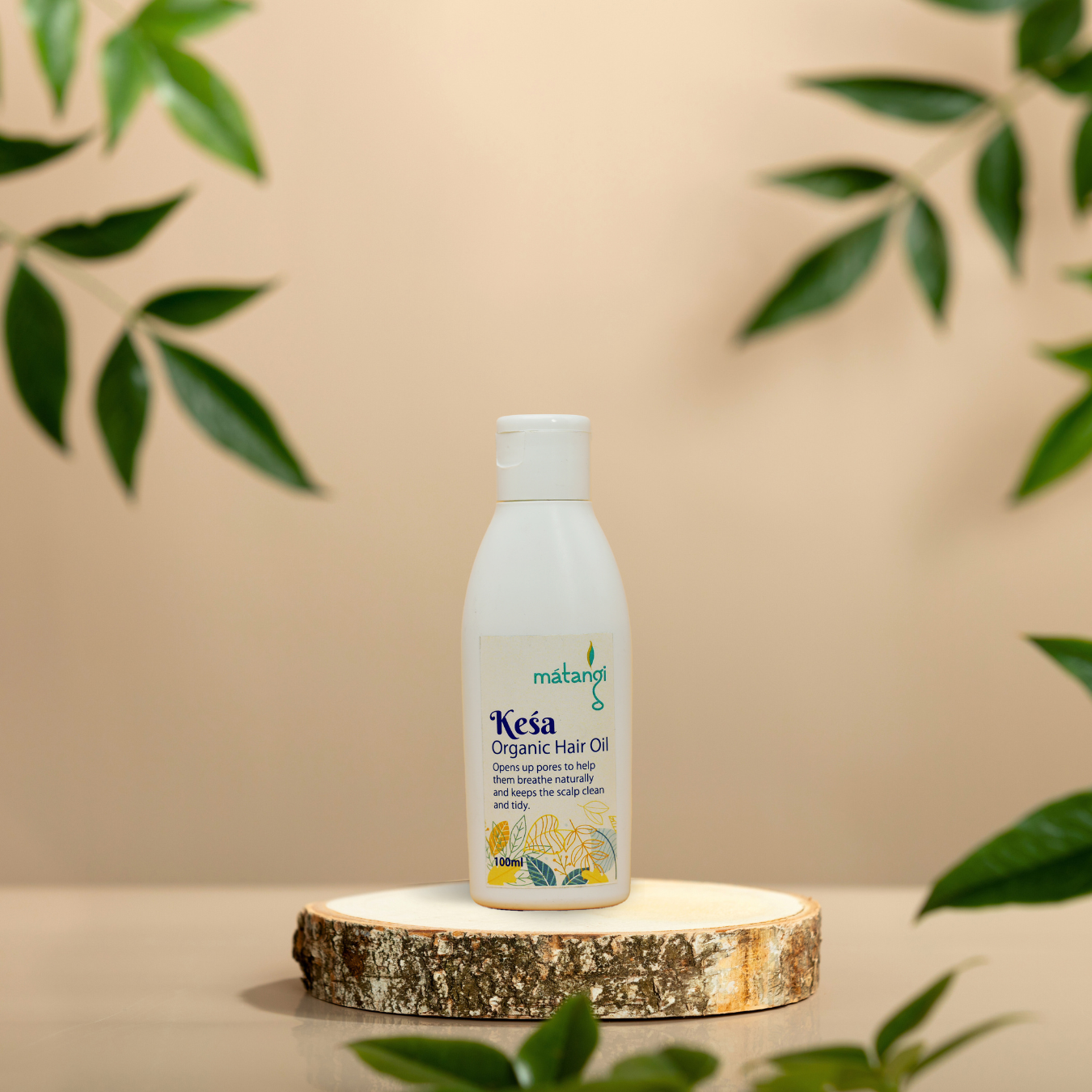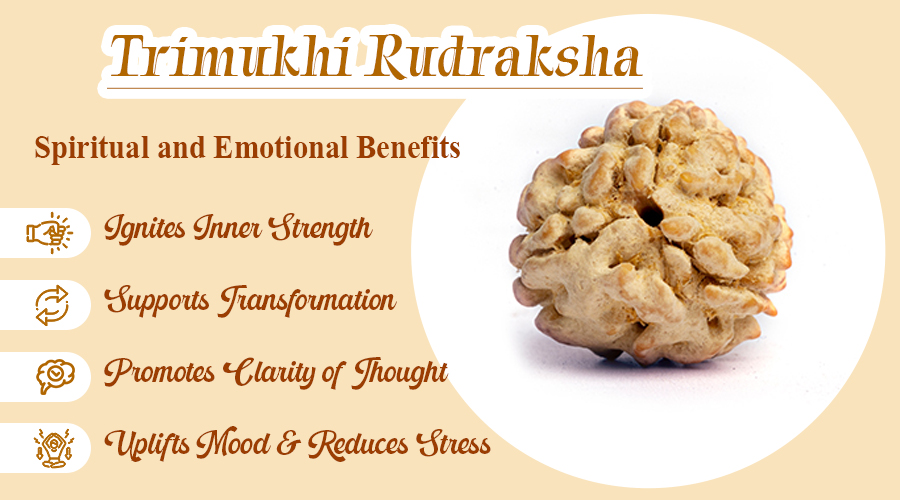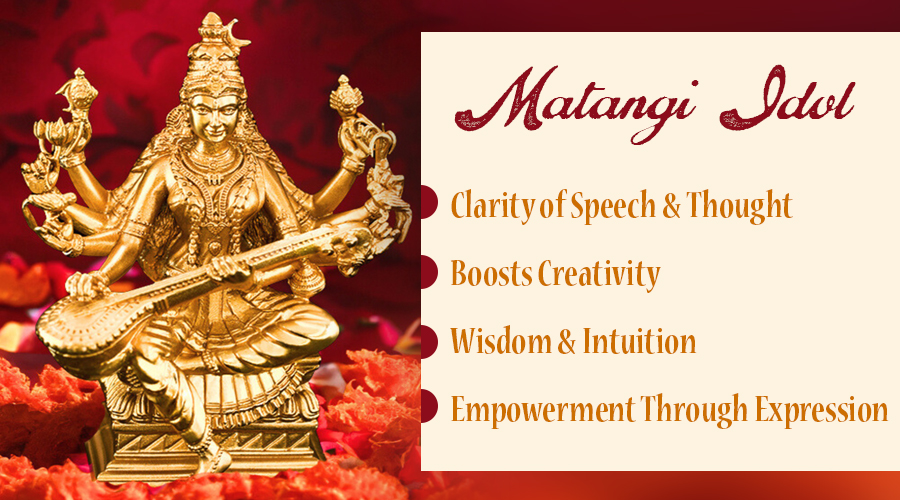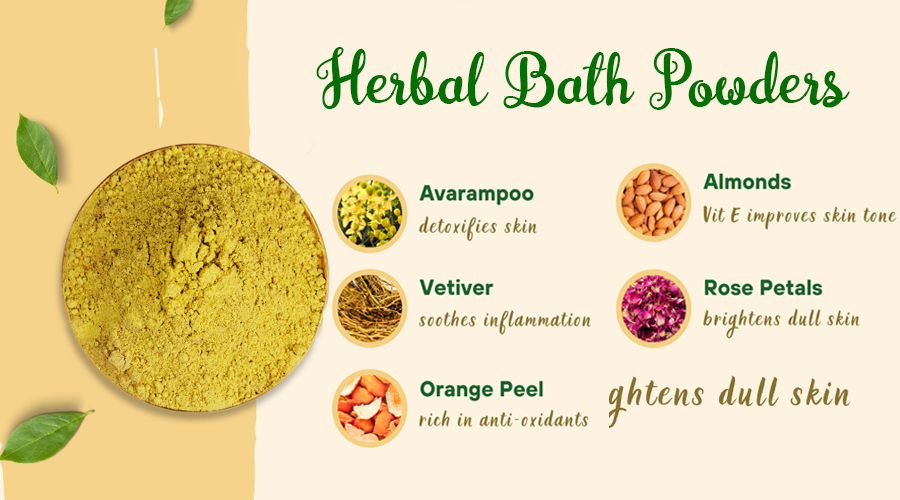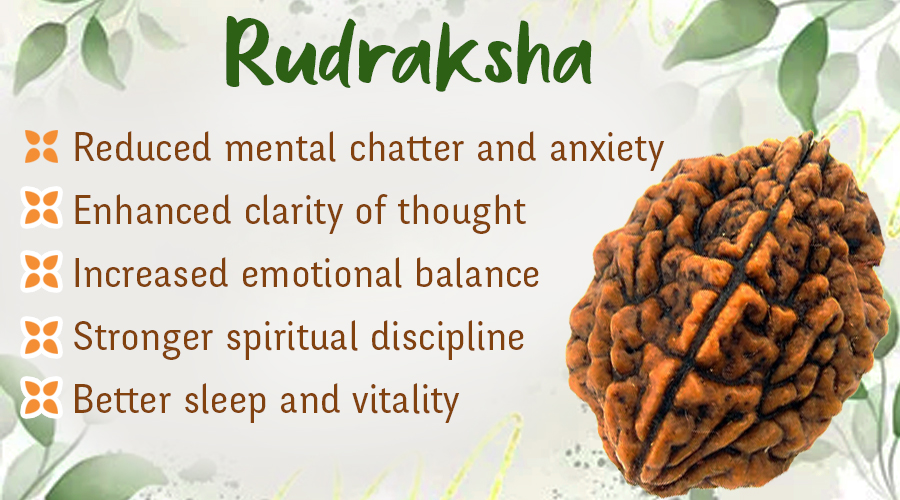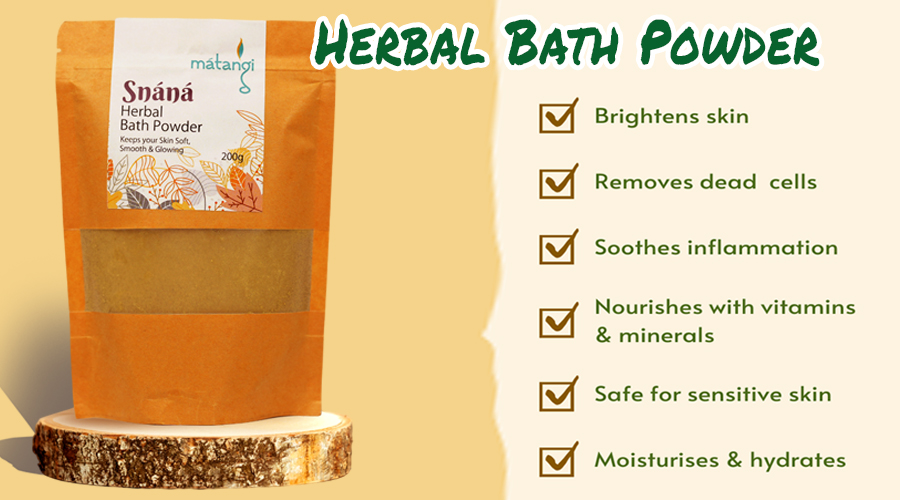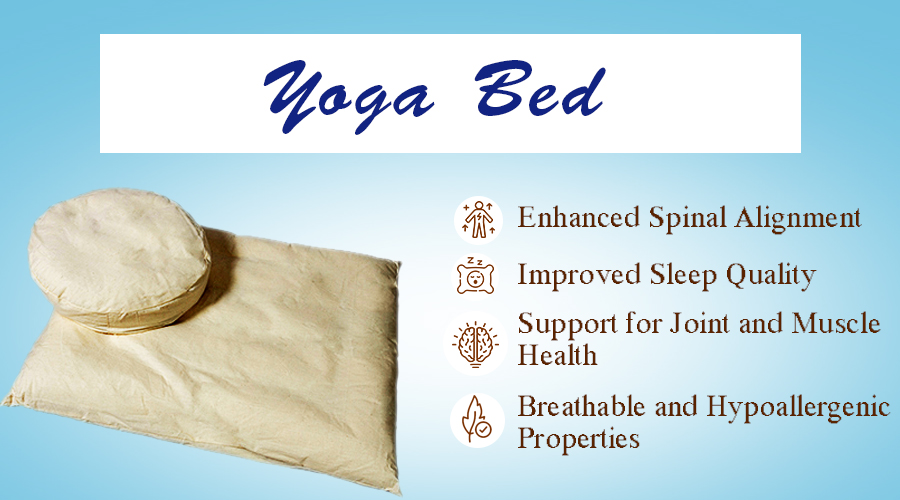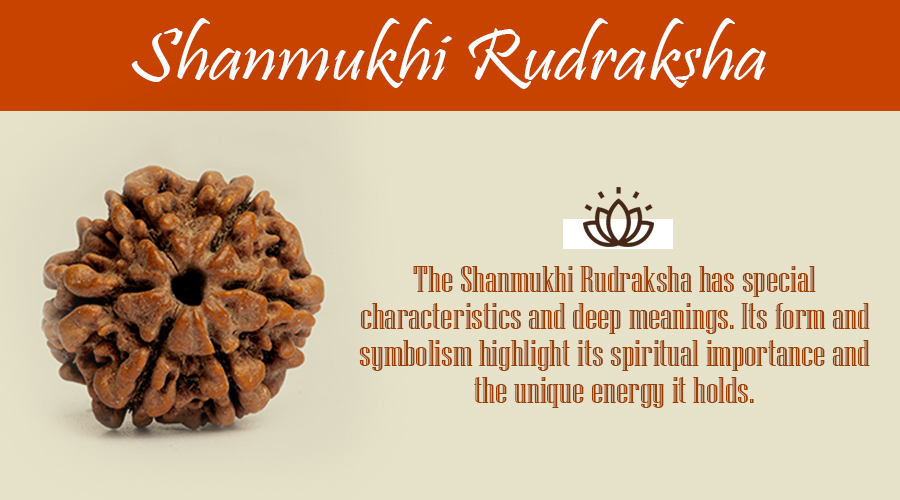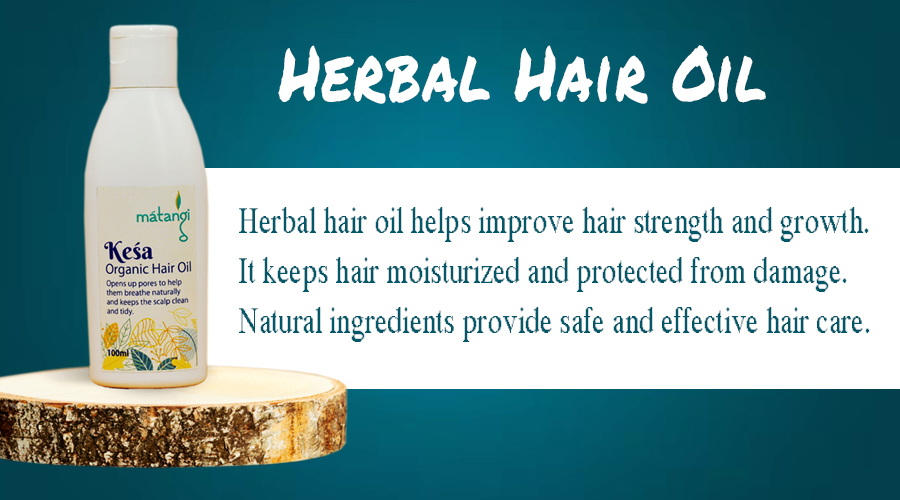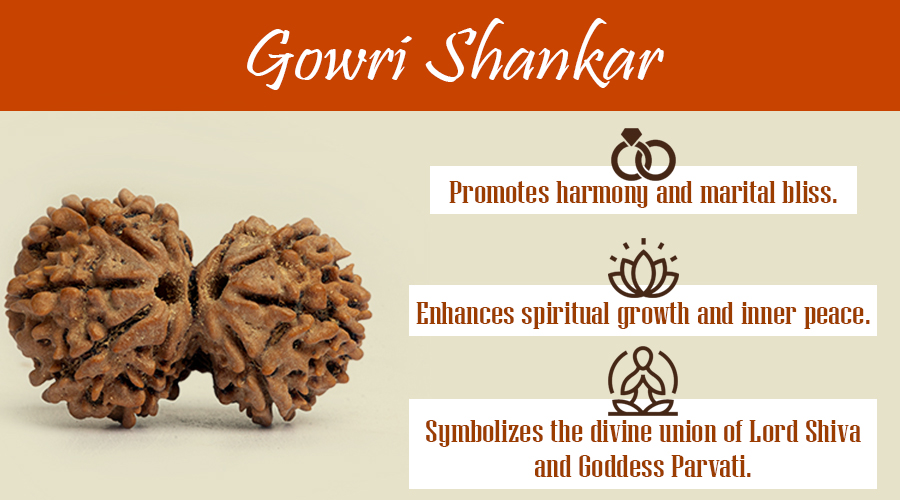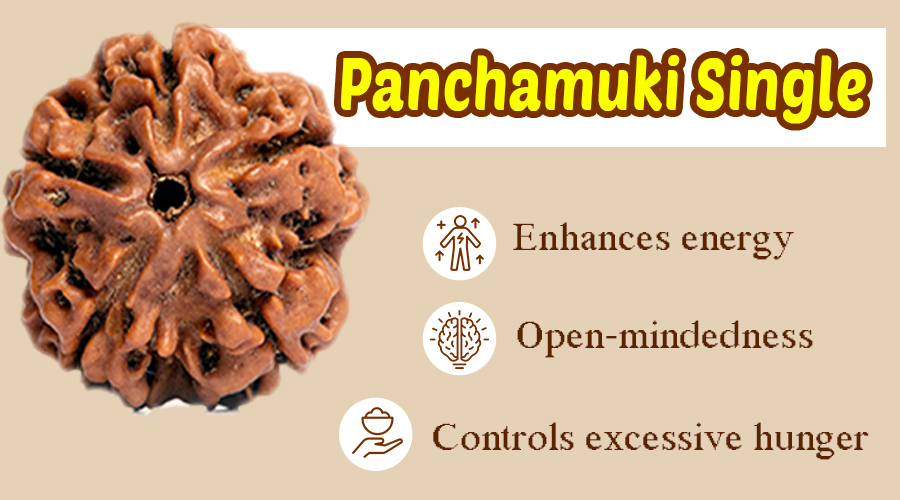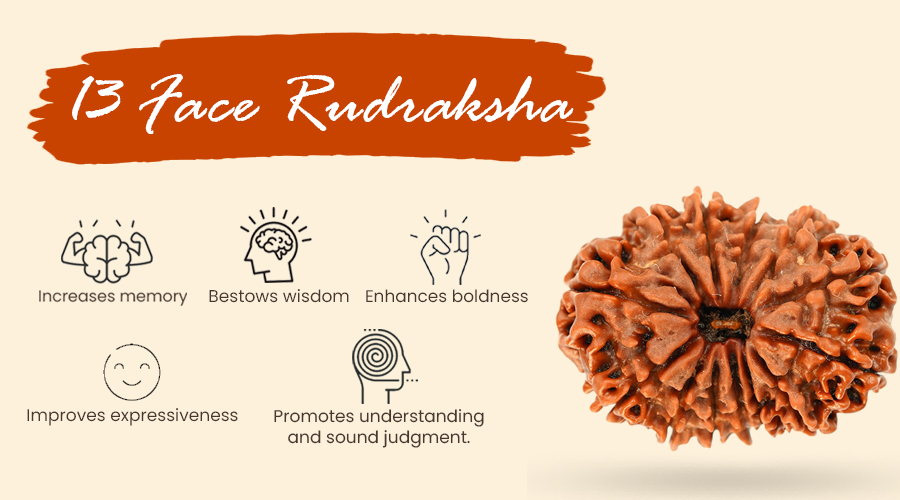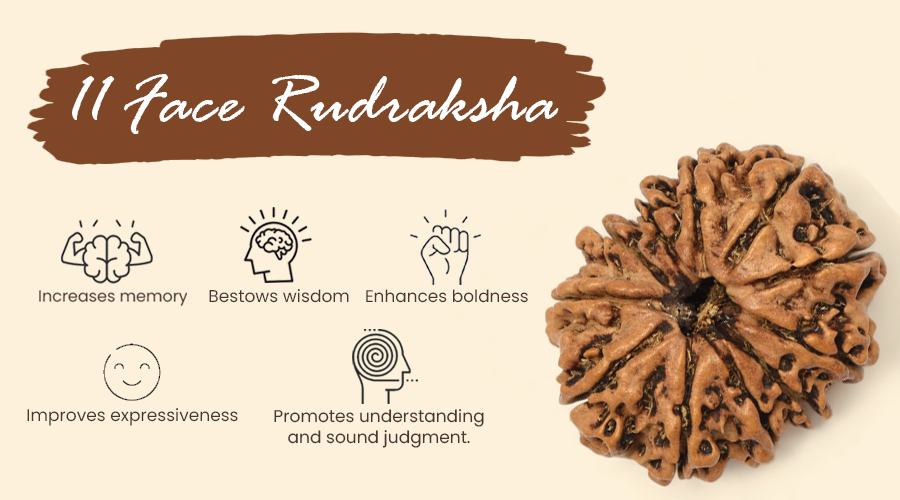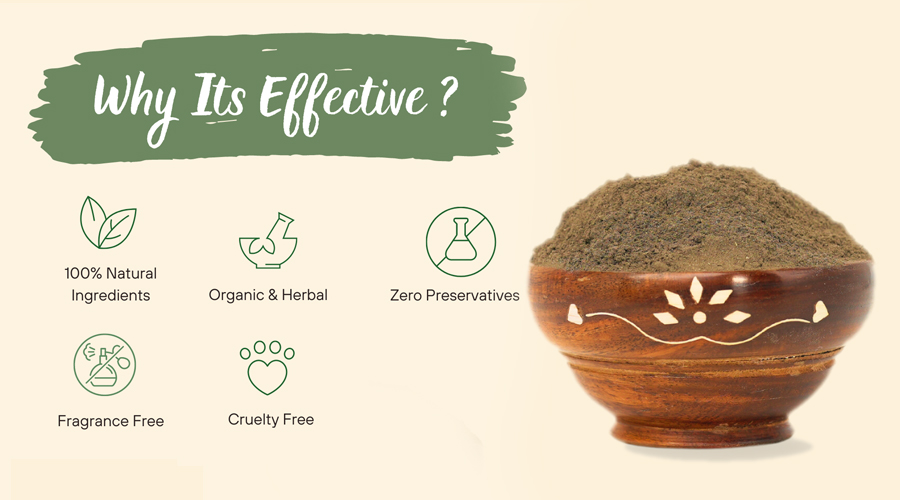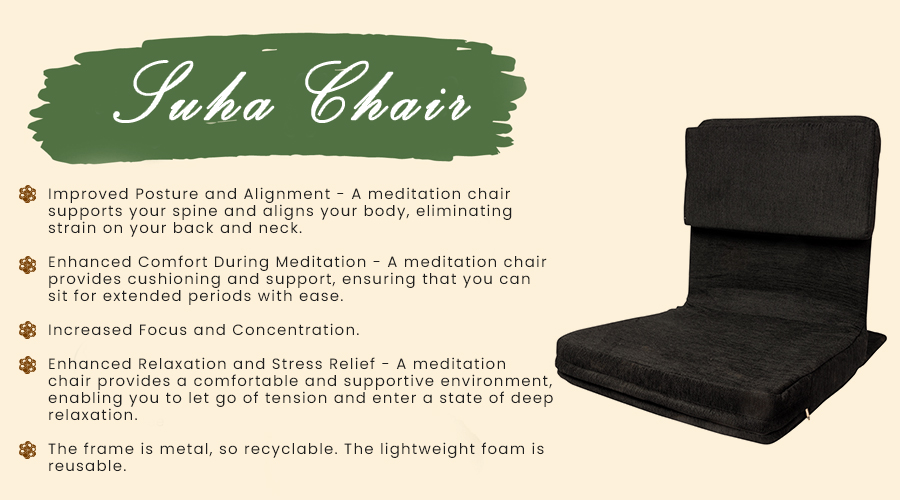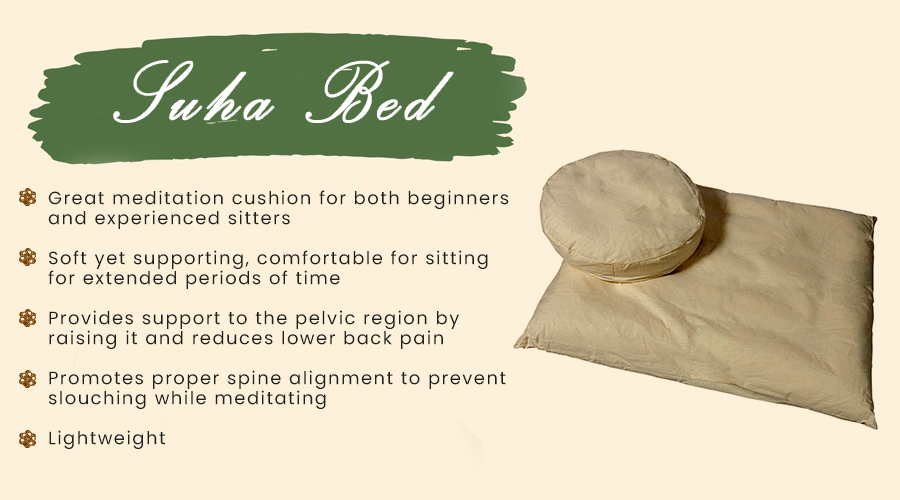
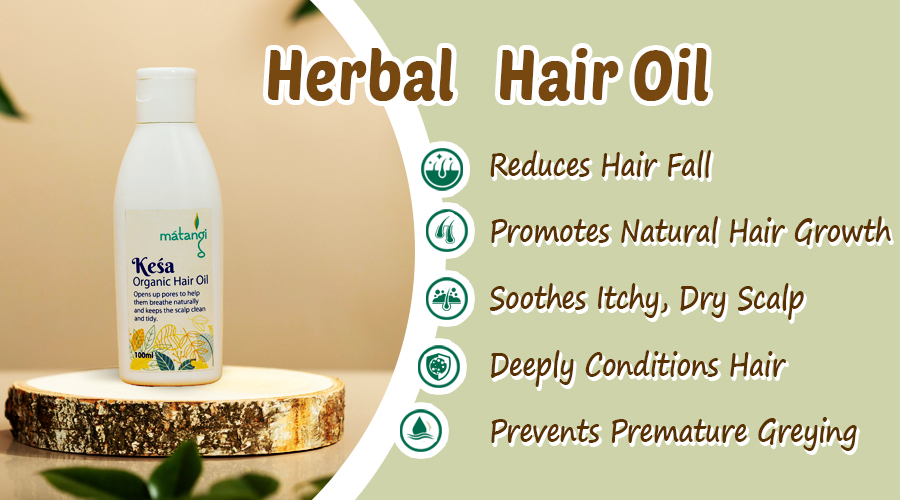
In a world where our hair is constantly exposed to heat styling tools, environmental pollution, and chemical-heavy products, it’s no surprise that dryness, thinning, and breakage have become all too common. While modern hair care often promises quick fixes and instant gloss, the results are usually short-lived and sometimes even harmful in the long run.
But what if the real solution has been with us all along? Passed down through generations and rooted in ancient traditions, herbal hair oil offers a gentle, effective way to revive and nourish your hair—naturally. In this blog, we’ll explore why making the switch to herbal hair oil could transform not just your hair routine, but the health of your hair itself.
A Glimpse into Ancient Hair Wisdom
For thousands of years, herbal hair oils have been used in Ayurveda and traditional medicine systems across India, Egypt, China, and beyond. Whether it was amla oil used by Indian royalty, or castor oil used by ancient Egyptians, these natural treatments weren’t just about beauty—they were holistic remedies for overall scalp and hair health.
These oils weren’t mass-produced or artificial. They were handcrafted using herbs, roots, and flowers steeped in nourishing carrier oils like coconut or sesame oil—each ingredient chosen for its healing powers.
What Makes Herbal Hair Oil So Special?
Herbal hair oil isn’t just “oil.” It’s a powerful blend of nature’s finest ingredients designed to heal, restore, and protect your hair from root to tip.
Here’s how it compares to chemical-based oils:
| Feature | Herbal Hair Oil | Chemical Hair Oil |
|---|---|---|
| Ingredients | Natural herbs and plant extracts | Synthetic fragrances & silicones |
| Long-term Benefits | Yes – treats the root cause | No – mostly cosmetic |
| Scalp Health | Nourishes and balances | Often causes buildup |
| Side Effects | Rare | Possible irritation or dryness |
Star Herbal Ingredients & Their Benefits
Let’s break down the key herbs found in most herbal oils and what they do:
- Amla (Indian Gooseberry) – Rich in Vitamin C; strengthens roots, prevents greying
- Bhringraj – Known as the “king of herbs” for hair; promotes regrowth and reduces shedding
- Hibiscus – Conditions naturally, encourages thicker, fuller hair
- Neem – Antifungal and antibacterial; perfect for dandruff and itchy scalp
- Rosemary – Stimulates blood circulation and boosts growth
- Fenugreek (Methi) – Adds shine and combats thinning
- Coconut/Sesame Oil – Carrier oils that penetrate deeply and moisturize
Top Benefits of Switching to Herbal Hair Oil
Here’s what you can expect when you switch to a quality herbal hair oil:
1. Reduces Hair Fall
Herbs like bhringraj and amla nourish hair follicles, making them stronger and less prone to breakage.
2. Promotes Natural Hair Growth
Regular use improves scalp circulation and stimulates new hair growth.
3. Soothes Itchy, Dry Scalp
Neem and fenugreek offer antibacterial properties, helping fight dandruff and irritation.
4. Deeply Conditions Hair
Unlike serums that coat the surface, herbal oils penetrate to restore moisture and softness from within.
5. Prevents Premature Greying
Amla and curry leaves can help slow down the greying process naturally.
How to Use Herbal Hair Oil the Right Way
For best results, follow these tips:
- 1. Warm the oil slightly before application.
- 2. Massage gently into the scalp for 5–10 minutes.
- 3. Leave it on for at least 1 hour (overnight if possible).
- 4. Wash with a mild shampoo—no harsh sulfates!
- 5. Use 2–3 times a week consistently.
Pro tip: Wrap a warm towel around your head after oiling to help the nutrients absorb better.
Myths vs. Facts About Herbal Oils
Myth: Herbal oils take too long to work.
Fact: They work at the root level, which takes time—but results are lasting.
Myth: Oiling makes hair greasy and causes buildup.
Fact: Only if overused or not washed properly. Use just enough and choose a light-textured oil if you have fine hair.
Myth: Only older people need herbal oil.
Fact: Prevention is better than cure—start early for strong, healthy hair in the long run.
How to Choose the Right Herbal Hair Oil
Not all “herbal” oils are truly natural. Here’s what to look for:
- Check for 100% natural ingredients
- Avoid mineral oil, artificial fragrance, and colors
- Choose oils with cold-pressed bases and organic herbs
- Bonus if it’s handmade or small-batch for quality control
Final Thoughts: Let Nature Do the Healing
Your hair doesn’t need another synthetic fix—it needs nourishment, care, and time-tested herbal support. Herbal hair oil isn’t just a beauty product; it’s a ritual. A small act of self-care with powerful results.
So why not go back to the roots—literally?
Switch to herbal hair oil and let ancient secrets bring back your modern shine.
Copyright © 2024. All right reserved Matangi Petals.



